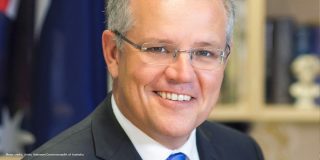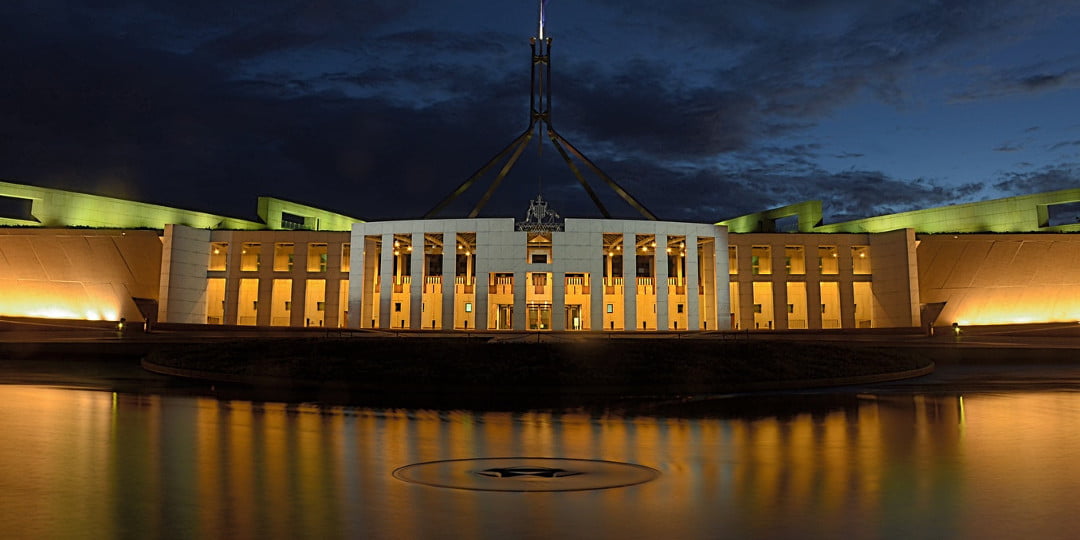In the last few months, the Minister for Immigration, Scott Morrison, has come under heavy attack. I myself have written a number of pieces in which I challenge the morality of policies Mr Morrison has introduced. I’ve noticed however that alongside questions of policy, people I know have started asking questions about his personal motivations and the authenticity of his faith. In my opinion, this is unfair. Here are my guidelines for why and how we should criticise politicians.
1. Politicians make public policy, and because it is made for us and on our behalf, policy should come under the blowtorch of public scrutiny. We should applaud good policy and protest when we consider policy bad. We should feel proud of good policy and get angry and disappointed at policy that hurts people. If the contestability of ideas is a key plank of a healthy democracy we should not shy away from robust, passionate debate about the things that matter to us.
2. Politicians are people, who like all of us, are a mass of dreams, hopes, fears, and contradictions. If you apply the blowtorch of judgement to my life you would undoubtedly uncover areas where how I live is inconsistent with what I profess, and discover ideas that I hold that are mutually contradictory. I’d be disappointed if you judged the authenticity of my faith on this basis. I am dismayed that the drive towards ever harsher treatment of asylum seekers has been spearheaded by three prominent Christians – Kevin Rudd, Tony Abbott, and Scott Morrison. I cannot see how they reconcile the tenets of their faith with the policies they’ve introduced. But this does not give me grounds for calling into question the authenticity of their faith anymore than my own inconsistencies would give you grounds for calling into question the authenticity of my faith. I think it right to ask them how they see the values of their faith worked out in their policies, but I’m not prepared to join with those who question the genuineness of that faith.
3. Except for those rare occasions they tell us what motivates them, I have no idea what drives a politician to do what they do. My experience of people suggests to me that motivation is rarely one-dimensional, that people are simultaneously motivated by any number of things, and I suspect the same is true of politicians.What is uppermost in Scott Morrison’s mind and heart as he drives forward Australia’s asylum seeker policy? I don’t know, nor do you, nor do I care. At the end of the day what motivates them is irrelevant to whether or not they are enacting good public policy.
So the upshot of all this is that I want to be rigorous and unabashed in my critique of the policies of our government, without allowing this to degenerate into personal critique.







Why and How we should criticise Scott Higgins.
Hi Terry,
Thanks for taking the time to comment. Not really sure i have understood your point?
You are happy to criticise others and think you have the High Morel and Ethical ground, but what makes you better than those you choose to criticise?
Hi Terry,
I think you may have missed my point, which was that we should critique policy but not presume to judge the person.
Scott you must be very pleased and full of praise for Tony Abbott and Scott Morrison who have totally stopped children drowning at sea from leaky unsafe boats. The nation is Blessed to have these leaders and they have my full support. I assume you also support Tony Abbott’s stand on not allowing same sex marriages.
Hi Terry,
I share your concern that people were drowning at sea in their efforts to get to Australia, and that we should do all we can to stop this. Every man, woman and child on those boats is a precious human being beloved of God, and it is nothing short of a tragedy when the boats break up and they drown. So I am a passionate supporter of attempts to prevent this from happening, but I have two concerns about the way we have Gone about it. First, I’m not sure that we’ve prevented deaths at sea at all, but simply exported them. People who are desperate enough to get onto a leaky boat travel to Australia, will remain desperate enough to get on a leaky boat to travel somewhere else. If we really want to stop the deaths at sea we need to address the problem, not just the symptom. Second, I think there are ways to prevent deaths at sea that don’t involve treating people harshly and locking them up indefinitely in a third world country. I have described an alternative elsewhere in my blog.
Thank you Scott for the reminder of how important it is to always show respect for people…made me think of Miraslov Volf and Nelson Mandela and how they seemed to always show respect for people, even those they disagreed with.